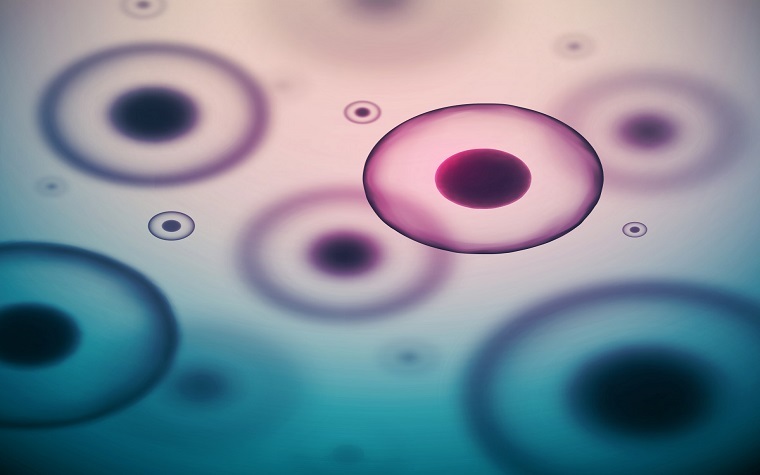Vast Therapeutics issued the following announcement on Dec. 13.
Vast Therapeutics, Inc., (the Company), a preclinical stage pharmaceutical company focused on delivering nitric oxide (NO) in a synthetically derived powder-based form, announced today that the Company has received an award from Cystic Fibrosis Foundation (CFF), to support the continued development of its lead NO-release drug candidate, BIOC51 for the treatment of Pseudomonas aeruginosa in patients with cystic fibrosis.
Dr. Mark Schoenfisch, President and CSO of Vast Therapeutics and an inventor of the macromolecular NO-release technology, stated, "We are excited to have this award from the Cystic Fibrosis Foundation. This is a significant step forward for our company and our technology."
"For Vast Therapeutics to receive the support of the CF Foundation is substantial," said Dr. Michael Knowles, M.D. Professor of Pulmonary and Critical Care Medicine at UNC-Chapel Hill and Chairman of Vast Therapeutics' Scientific Advisory Board. "Given the challenges of antimicrobial resistance, we are eager to see the potential of BIOC51 materialize; the development of this innovative technology to treat CF-related respiratory infections is exciting and creates hope for better treatment outcomes."
Dr. Schoenfisch continued, "BIOC51 has eradicated every bacterial pathogen that we have tested in vitro to date, including over 20 species of both Gram-positive and Gram-negative bacteria, 29 distinct strains of Pseudomonas aeruginosa, and 35 antibiotic-resistant strains deemed superbugs by the Center of Disease Control and World Health Organization because of their severe threat to public health. BIOC51 has proven effective in reducing the bacterial load of NTM [nontuberculous mycobacteria] in a murine infection model. It is a testament to the Vast team and the progress we've made in moving this drug candidate towards clinical trials."
About Mark Schoenfisch, PhD
Mark Schoenfisch, PhD, is both Professor of Chemistry at the University of North Carolina at Chapel Hill and President & Chief Scientific Officer at Vast Therapeutics. He is the inventor of multiple macromolecular nitric oxide-release systems and an active entrepreneur, guiding these technologies from research discoveries in his academic lab to manufacturing and clinical trials. With 20 years of experience working with nitric oxide chemistry, he has published more than 100 peer-reviewed articles on the synthesis, characterization, and application of nitric oxide-modified biomaterials. Known for his broad expertise spanning chemistry, pharmaceutical sciences, and medicine, Dr. Schoenfisch regularly serves on scientific review panels for the National Institutes of Health. He co-founded Novan, Inc. and helped successfully guide the company to its September 2016 IPO as a member of its Board of Directors.
About Dr. Michael Knowles
Dr. Michael Knowles is a Professor of Pulmonary and Critical Care medicine at UNC Chapel Hill. Dr. Knowles specializes in Genetic Modifiers of Disease phenotype in Cystic Fibrosis lung and liver disease and is currently heading two multicenter studies: 1) Genetic Modifiers of Disease phenotype in CF lung and liver disease, which includes an International Consortium doing a whole genome scan; and 2) a Consortium with eight sites in North America studying rare genetic disorders of mucociliary clearance. He received a BA and an MD from UNC Chapel Hill and has over 30 years of clinical trial experience in the private and academic sectors with an emphasis on the following areas of study: biology, physiology, and clinical trials design. Dr. Knowles has been peer selected for 2017-2018 "The Best Doctors in America" award.
About BIOC51
BIOC51 is a novel polyglucosamine biopolymer covalently modified with N‑diazeniumdiolate nitric oxide (NO) donors to facilitate spontaneous (without the need of enzymes) and controlled NO release. The level of NO release from BIOC51 has proved sufficient for eradicating planktonic and biofilm-based bacteria and can be delivered to the lungs as a dry powder or solution (e.g., nebulization).
Original source can be found here.











 Alerts Sign-up
Alerts Sign-up